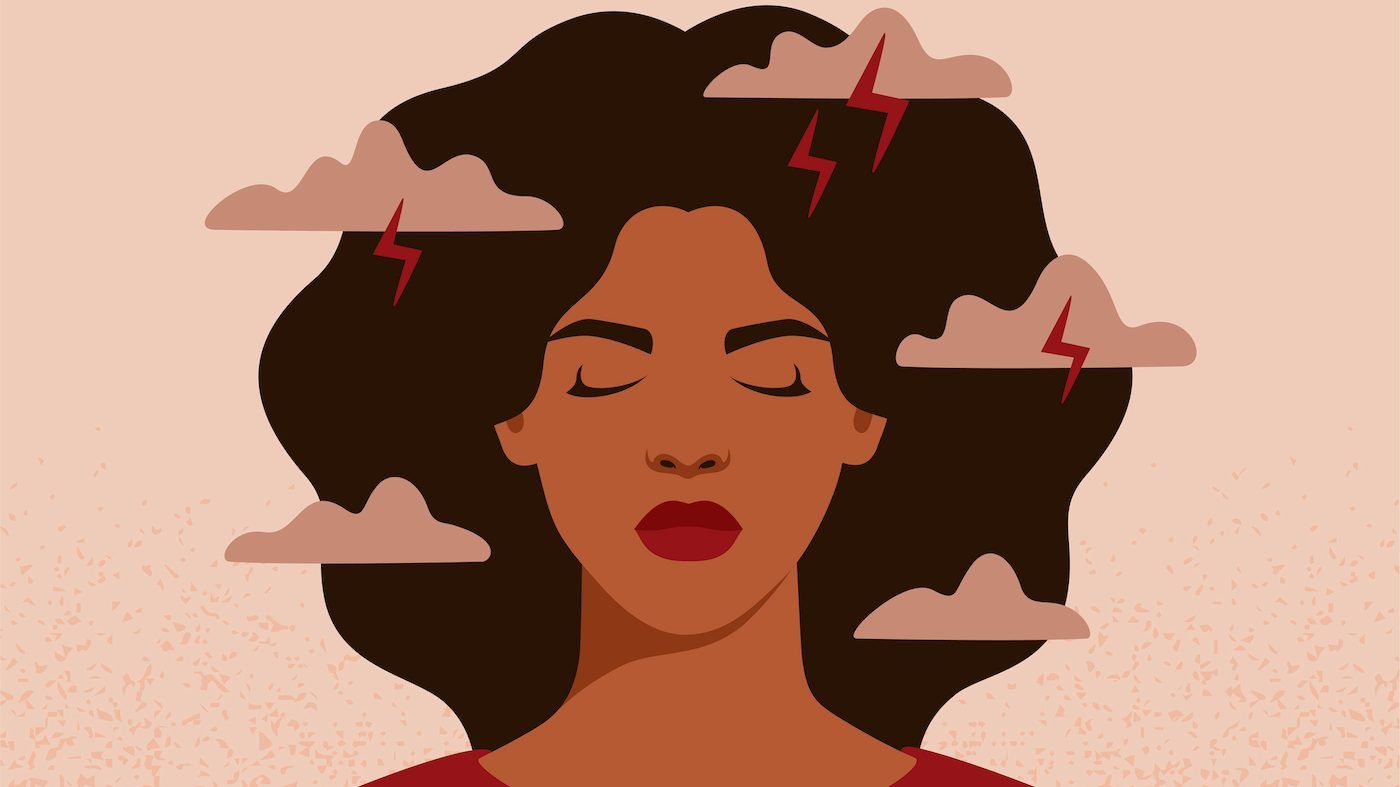people who live with migraine contend with the various symptoms of the disease, including:
- debilitating and pounding head pain
- nausea and/or vomiting
- sensitivity to light and sound
along with these symptoms, people with migraine may also experience an aura, which is a set of other symptoms and ill effects that develop as a precursor to the migraine. they can include:
- seeing flashing lights or a gleam of light
- blurred vision
- smelling a particular odour
- feeling as though a breeze is coming over them
- numbness
- weakness
- difficulty speaking
all these symptoms and precursor signs of a migraine attack can debilitate the person who is experiencing them.
“most people cannot function properly during a migraine attack. they have to withdraw from their surroundings into a dark, quiet area until the attack subsides,” said dr. pim.
how migraine affects canadians
migraines affect people between the ages of 20 and 50 more often than any other age group, with young women the most affected demographic. when migraine attacks occur during these years—the prime working years—the professional lives of those dealing with the disease can be hindered significantly.
“predominately, migraine will impact people during their young adult life, so when they’re at their peak working years and they’re trying to work to provide for their family,” said gerhart. “they’re trying to advance in their careers. in some cases, they’re trying to finish university so that they can do what they would love to do. it really does impact a lot of people in that prime time.”
 8 minute read
8 minute read


















